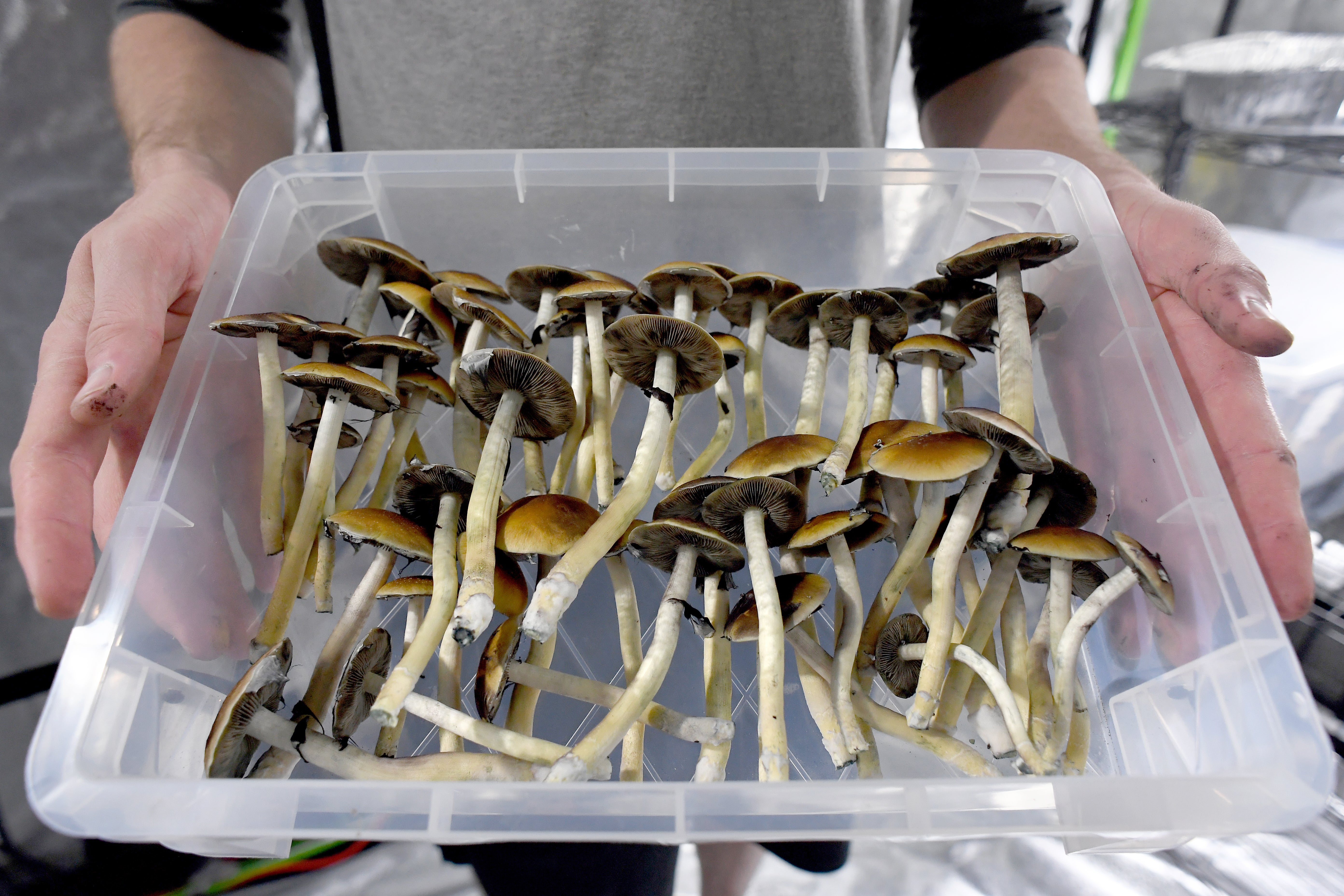
How would you feel about a new therapy for your chronic pain, which—although far more effective than any available alternative—might also change your religious beliefs? Or a treatment for lymphoma that brings one in three patients into remission, but also made them more likely to vote for your least preferred political party?
These seem like idle hypothetical questions about impossible side effects. After all, this is not how medicine works. But a new mental health treatment, set to be licensed next year, poses just this sort of problem. Psychotherapy assisted by psilocybin, the psychedelic compound in “magic mushrooms,” seems to be remarkably effective in treating a wide range of psychopathologies, but also causes a raft of unusual nonclinical changes not seen elsewhere in medicine.











